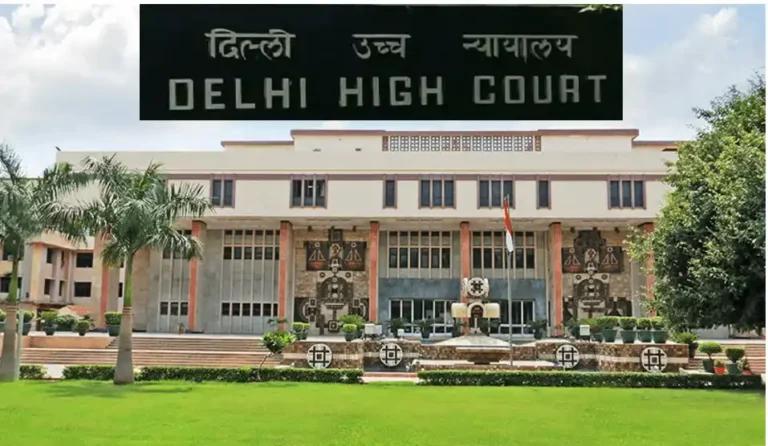The Allahabad High Court has ruled that unlawful religious conversion is a grave offence, and the court cannot quash proceedings simply based on a settlement between the involved parties.
The court further emphasized that offences such as rape, which deeply affect a woman's dignity and honor, cannot be compromised or settled out of court. The bench, led by Justice Manju Rani Chauhan, made these observations while dismissing a plea filed by Taufik Ahmad seeking to quash proceedings under Sections 420, 323, 376, and 344 of the IPC, along with Section 3/4(1) of the U.P. Conversion Prevention Act, 2020.
Case Background
An FIR was lodged on June 7, 2021, by a Hindu woman (Opposite Party No. 2) against three accused: Rahul @ Mohd. Ayan, Taufik Ahmad (the applicant), and Mohd. Riyaz.
According to the victim, she met Rahul on Facebook, where he pretended to be a Hindu. After chatting for a year, he proposed marriage. When she accepted, he took her to Nawabnagar, Rampur, where she was allegedly confined for six months. During this period, she discovered that Rahul was actually a Muslim. When she refused to marry him, she claimed that Rahul and the other accused physically assaulted and raped her.
Read Also: Delhi High Court Seeks Government’s Response on 24-Hour Blood Donation Services
After escaping, she filed an FIR, alleging that Rahul was using Facebook to lure Hindu girls. Her statements under Sections 161 and 164 CrPC supported these claims. A charge sheet was submitted in May 2021, but in March 2023, the parties reached a compromise. Following this, the accused filed a plea to quash the proceedings.
Opposing the plea, AGA Pramod Kumar Singh argued that some of the offences were non-compoundable and of serious nature, affecting not just individuals but society as a whole.
The Court noted that while non-compoundable offences can sometimes be quashed under inherent jurisdiction, this should be done sparingly and with great caution. However, in cases involving serious crimes such as murder, rape, and dacoity, or offences under laws like the Prevention of Corruption Act, a settlement between the offender and victim holds no legal weight.
The Court clearly stated:
"In cases of rape or attempted rape, the very idea of compromise cannot be considered. These crimes violate a woman’s body, her dignity, and her very existence. Such offences suffocate life and tarnish reputation."
The bench further ruled that courts should not entertain settlements in rape cases, as they compromise the honor of the victim.
"A woman’s honor is sacrosanct. Some perpetrators try to escape punishment by offering marriage as a compromise. Courts must stay away from such manipulative tactics, as adopting a lenient approach in such cases would be a grave error."
Regarding unlawful religious conversion, the court observed that a conversion should be based on genuine faith and belief. If conversion is done for the sake of marriage or other motives without true religious belief, it cannot be considered legitimate.
"If a conversion is not inspired by genuine religious feeling but is used as a means to create a legal claim or evade marriage laws, it is not bonafide. Conversion through coercion, fraud, or undue influence is a serious offence."
Case title - Taufik Ahmad vs. State of U.P. and Another















